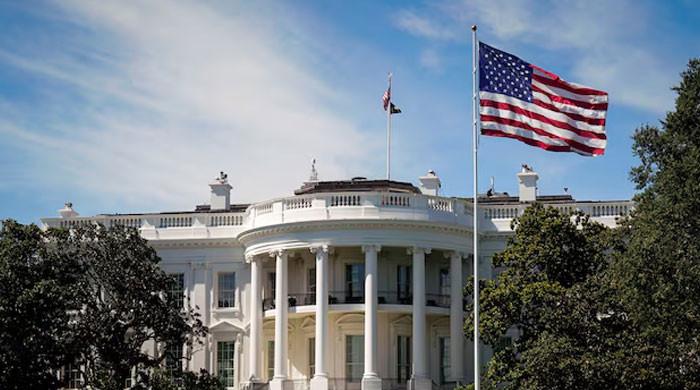- State a plan for US pressure to secure supplies.
- Copper is essential for electric vehicles, power grids, data centers.
- Met coal aligns with Trump’s support for fossil fuels.
The Trump administration on Thursday added 10 minerals to a list it considers vital to the US economy and national security, including copper, which is vital to electric vehicles, the power grid and data centers, and metallurgical coal, used to make coke fuel for steelmaking.
The Interior Department’s critical minerals list guides federal investment and permitting decisions and helps shape the government’s broader minerals strategy.
The administration is expanding the list amid efforts to increase domestic mining and reduce reliance on imports, particularly from economic rival China.
List guides federal incentives
The list serves as a blueprint for Washington’s push to secure supplies of materials needed for defense, manufacturing and clean energy technologies. It determines which projects qualify for federal incentives, informs national storage and research priorities, and signals to private investors where the government sees long-term strategic value.
Officials and industry leaders say boosting domestic production could help insulate the United States from potential supply shocks or export restrictions imposed by rivals such as China, which dominates global refining of many critical minerals.
Doug Burgum, the interior secretary, said the expanded list “provides a clear, data-driven roadmap to reduce our dependence on foreign adversaries, expand domestic manufacturing and unleash American innovation.”
The new list also includes uranium, which is enriched for nuclear reactor fuel, boron, lead, phosphate, potassium chloride, rhenium, silicon and silver.
Environmentalists criticized the move. Cameron Walkup, of Earthjustice Action, said the administration ignored economics, violated the law and opened the door for agencies to rubber-stamp projects with inadequate protections for communities from pollution. “Instead of prioritizing corporate profits, we should focus on real solutions to meet our mineral supply chain needs by rapidly scaling up recycling and responsible recycling of critical minerals and updating our mining legislation.”
Potash and phosphate are used as fertilizers to grow crops around the world. “These are two minerals where stable supplies are absolutely necessary to fill our plates and feed our communities,” said Corey Rosenbusch, executive director of The Fertilizer Institute.
Potash was on an original 2018 list, but neither phosphate nor potash was included when it was updated in 2022, the institute said.
US copper production less profitable
Copper is widely used in the global economy in power generation, electronics and construction.
Freeport-McMoRan FCX.N, the largest U.S. copper producer with seven mines and control of one of the nation’s two smelters, said this year it could generate more than $500 million annually in tax credits tied to the 2022 U.S. Inflation Reduction Act if the red metal was declared critical.
The Phoenix-based company was not immediately available for comment Thursday.
The average grade, or percentage of copper in rock deposits, in Freeport’s US mines is lower than elsewhere, driving up costs and making the US the company’s least profitable region. That fact largely explains why Freeport pushed for the designation.
“We’re not looking for handouts, but if the government is trying to stimulate domestic (copper) production, it’s important to recognize that the U.S. doesn’t have the same grades that we have internationally,” Freeport CEO Kathleen Quirk told Reuters in March.
Putting coal on the list is consistent with President Donald Trump’s support for fossil fuels. Some U.S. coal mines have closed in recent months due to abundant supplies and a reduction in exports to China, putting an additional 15% tariff on U.S. coal imports this year.
Rich Nolan, president and CEO of the National Mining Association, said it will continue to seek to expand the list to “ensure that the United States has the abundant domestic resources it needs when it needs them.”



